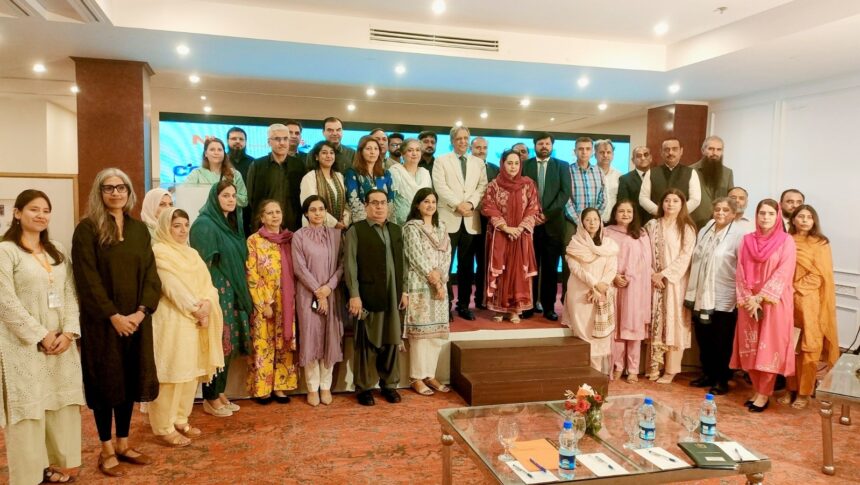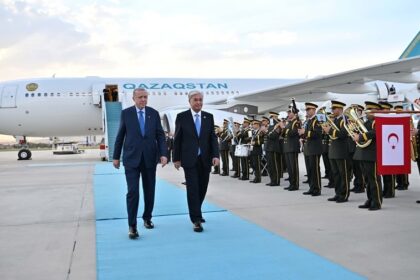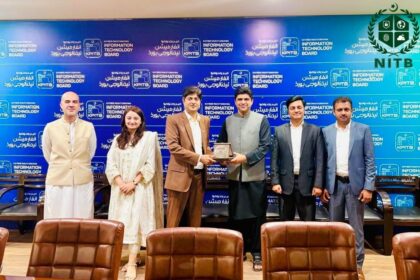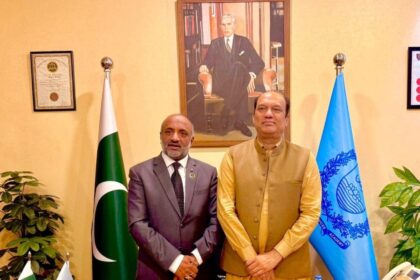The National Commission on the Status of Women concluded the second day of a national consultation with a commitment to publish Pakistan’s first national gender parity report on International Women’s Day. Stakeholders agreed on creating a streamlined, comparable and sustainable gender-data framework to drive policy reform, strengthen accountability and make women’s economic and social contributions visible.
The consultation, convened by the National Commission on the Status of Women in Islamabad, positioned the forthcoming national gender parity report as a mechanism for measuring and addressing gender discrimination across government programs and institutions. The Commission said the framework will align national data with international standards to support evidence-based policymaking.
Speaking at the event, Minister Azam Nazeer Tarar called gender discrimination the country’s biggest obstacle to progress and described the report framework as a tool for reforms and accountability. NCSW Chairperson Ume-Laila Azhar emphasized the need to synchronize Pakistan’s gender data with global benchmarks to design policies that genuinely empower women. Secretary Humaira Zia Mufti reiterated the government’s commitment to aligning gender statistics with international standards to ensure accountability and sustainability.
A panel discussion, moderated by Waiza Rafique, NCSW legal expert, highlighted persistent gaps in gender measurement. Dr. Aliya Khan warned that without reliable gender indicators, women’s roles in the economy remain undervalued and effectively invisible in planning and budgeting. Rafique Chandio noted that provincial statistical offices face practical hurdles in compiling consistent data and argued that harmonization is essential for Pakistan’s credibility on the global stage.
Panelists also stressed the policy consequences of missing data. Saman Ahsan observed that when data is absent, women’s realities are erased from decision-making processes. Imran Saleem, Director General of the Pakistan Bureau of Statistics, said unified reporting mechanisms will strengthen national accountability and improve Pakistan’s international image. Muqadar Shah of UNFPA added that countries that let gender data drive reform see stronger social and economic outcomes, and he welcomed Pakistan’s new direction.
Participants concluded the consultation with a consensus on developing a “lean, comparable and sustainable” gender-data framework. The Commission intends for this framework to translate statistical information into actionable reforms, institutional accountability and measurable progress on gender equality.











